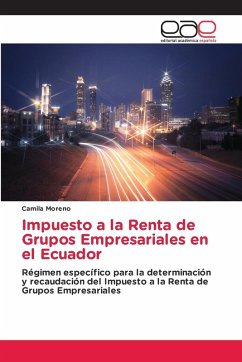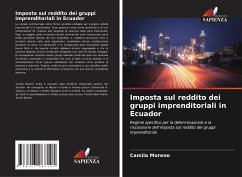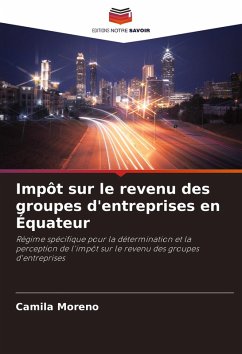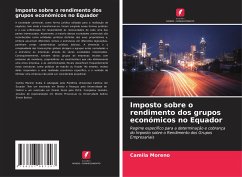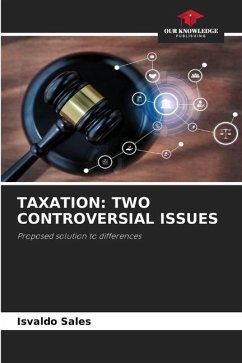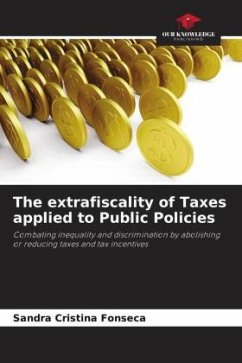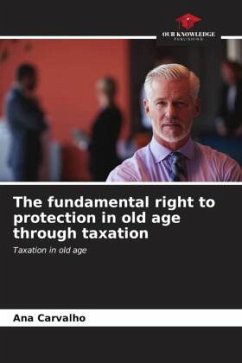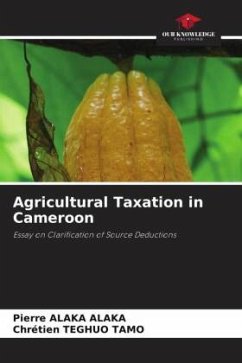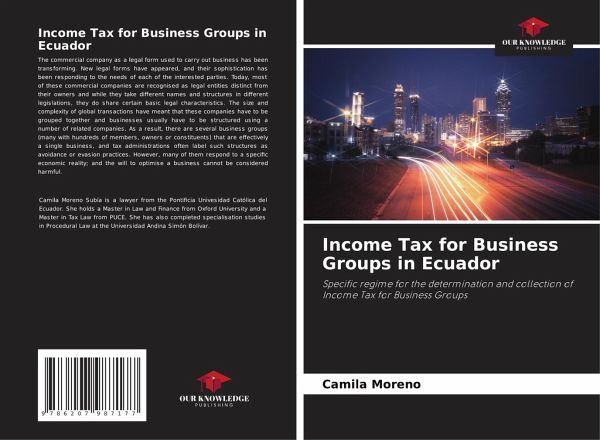
Income Tax for Business Groups in Ecuador
Specific regime for the determination and collection of Income Tax for Business Groups
Versandkostenfrei!
Versandfertig in 6-10 Tagen
45,99 €
inkl. MwSt.

PAYBACK Punkte
23 °P sammeln!
The commercial company as a legal form used to carry out business has been transforming. New legal forms have appeared, and their sophistication has been responding to the needs of each of the interested parties. Today, most of these commercial companies are recognised as legal entities distinct from their owners and while they take different names and structures in different legislations, they do share certain basic legal characteristics. The size and complexity of global transactions have meant that these companies have to be grouped together and businesses usually have to be structured usin...
The commercial company as a legal form used to carry out business has been transforming. New legal forms have appeared, and their sophistication has been responding to the needs of each of the interested parties. Today, most of these commercial companies are recognised as legal entities distinct from their owners and while they take different names and structures in different legislations, they do share certain basic legal characteristics. The size and complexity of global transactions have meant that these companies have to be grouped together and businesses usually have to be structured using a number of related companies. As a result, there are several business groups (many with hundreds of members, owners or constituents) that are effectively a single business, and tax administrations often label such structures as avoidance or evasion practices. However, many of them respond to a specific economic reality; and the will to optimise a business cannot be considered harmful.






